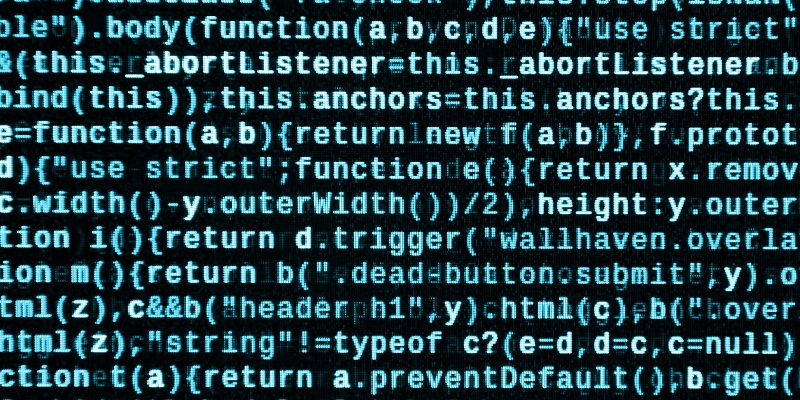Clean code in software development is a critical aspect that contributes to delivering high-quality products. Implementing clean code principles means ensuring that your development team writes high-quality software that satisfies customer requirements while preventing the accumulation of technical debt.
Importance of clean code in software development
Clean code is essential in software development as it allows developers to write code that is easy to read, understand, and maintain. When developers write clean code, it becomes easier for them to identify and fix bugs, add new features, and make changes without breaking the existing code.
Moreover, clean code is crucial for collaboration among developers. Code that is clear, concise, and follows common conventions makes it easier for other developers to understand and modify the code. This means that there is less chance of misinterpretation or errors in the code due to miscommunication.
In addition, clean code leads to more efficient development processes. Clean code is typically more structured and organized, making it easier for developers to write automated tests and perform code reviews. This helps to catch errors early in the development process, reducing the need for costly debugging and rework.
Overall, clean code is critical to creating software that is easy to maintain and scale over time, improving the overall quality and longevity of the software.
Several benefits come with implementing clean code principles. These include:
1.Principles of delivering high-quality products
Clean code is code that is easy to read, understand, and maintain. It is a principle that demands that your development team write well-designed code which follows standard conventions and best practices, results in fewer bugs, and is less prone to errors. Writing clean code is the foundation of delivering high-quality software that meets customer demands.
2. Preventing the accumulation of technical debt.
Technical debt is the cost of shortcuts made by developers to meet deadlines. It’s like borrowing money from a bank where you have to repay, and the longer you take to repay, the more it will cost you due to interest. Writing clean code creates a debt-free environment where developers can focus on writing efficient, maintainable code, which in turn leads to faster development times and a reduced cost of ownership.
3. Faster time-to-market.
Clean code allows your development team to spend more time writing new code and functionality instead of struggling with existing code. Since clean code is readable and understandable, developers can easily pick up where others left off, reducing the time spent on understanding what other developers have written.
4. Increased customer satisfaction and loyalty.
Clean code ensures that your software is bug-free and easy to use. Customers appreciate software that meets their needs precisely, without any surprises. Clean code also ensures that your product is reliable, efficient, and satisfying.
Increased business profits
Investing in good software development practices, like writing clean code, pays off in the long term. Your investment in writing clean code leads to a reduction in the cost of ownership of your software, faster time to market, increased customer satisfaction, and provides you with a competitive edge that can translate into increased business profits.
Negative impact of poor code quality
Poor code quality has a detrimental impact on businesses in the long run. Poor code leads to long development times, developer burnout, and higher ownership costs. Poor quality software results in an increase in support tickets, maintenance costs, and ultimately, a loss of customers.
Decreased developer morale
When developers work on poor-quality code, they often feel frustrated and demoralized. Ignoring clean code principles in software development can lead to developers burning out and leaving the project, which could result in the loss of critical knowledge and delays in future development.
A longer development time
Poor-quality code leads to longer development times. Developers need to spend more time fixing bugs, which slows down the development process. Longer development times result in higher costs of ownership.
Accumulation of unplanned technical debt
Ignoring clean code principles in software development leads to accumulating technical debt that can manifest in various ways. Technical debt can result in increased ownership costs, extended development times, and demotivated developers.
Writing clean and concise code
Write code that is clear, concise, and easy to read and maintain. Use descriptive names for variables, functions, and classes, and avoid writing overly complicated code. Make it easy for other developers to understand the flow of your code.
Regular code reviews and refactoring
Regular code reviews and code refactorings can help to find hidden bugs and highlight areas that need improvement. Refactoring code leads to cleaner and more maintainable code, which reduces the cost of ownership.
Clean code is crucial in software development because it helps developers write high-quality code that meets customer requirements. Implementing clean code principles leads to several benefits, including faster time to market, increased customer satisfaction and loyalty, and increased business profit. Ignoring clean code principles leads to lower developer morale, increased development times, and the accumulation of unplanned technical debt. Adopting best practices such as consistent naming conventions, writing clean and concise code, and regularly conducting code reviews and refactoring lays the foundation for clean code software development.

